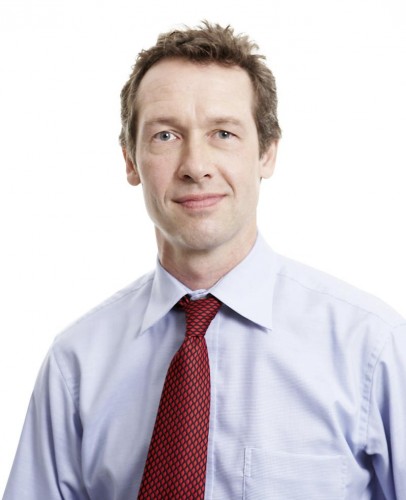
What part does renovating the fabric of historic buildings play in shaping our urban environment sustainably?
Historic buildings form a significant part of our cultural heritage. In many cases the challenge is to conserve this heritage while adapting the buildings to changed patterns of use and current standards of comfort; at the same time energy demand and running costs should come down. With the aid of sustainable energy-efficiency standards a valuable contribution to climate protection can be made in the case of historic buildings, too.
Are the new technologies already mature – where do you see a need for further research?
The main elements, such as inside insulation systems or mechanical ventilation equipment, are on hand. We still see a need for research into high-grade solutions for historic windows. In future special types of insulating plaster might also play an important part, but here again further development is needed as regards use in historic buildings.
Is it possible to implement comprehensive strategies for renovating “Gründerzeit” buildings cost-effectively?
Our demonstration projects show that the costs of ambitious strategies can be kept under control in a variety of business cases. In all our projects we evaluate not only investment cost, but also the subsequent running costs.
What legal and procedural obstacles can crop up when it comes to implementing this kind of renovation project in real life?
The spectrum is pretty wide: from open issues involving neighbours‘ rights – e. g. if a firewall is to be insulated and the consent of the owners next door is required – to the question of how greater use can be made of renewable sources of energy, given the existing legal situation as regards tenancy and grants. We have also given considerable thought to the implementation processes, and drawn up a guide to informing and mentoring residents. As an example, where in-depth renovation work involves inside insulation the issue of providing temporary accommodation for the tenants plays a part.
Does the subject attract attention in other countries, too?
As we can see, renovating historic buildings sustainably and to a high standard of energy efficiency has become a very important issue in other European countries, such as Belgium, Germany, Italy and Switzerland. This means that we have launched our project in time to give international collaboration activities now the benefit of experience already acquired in Austria.